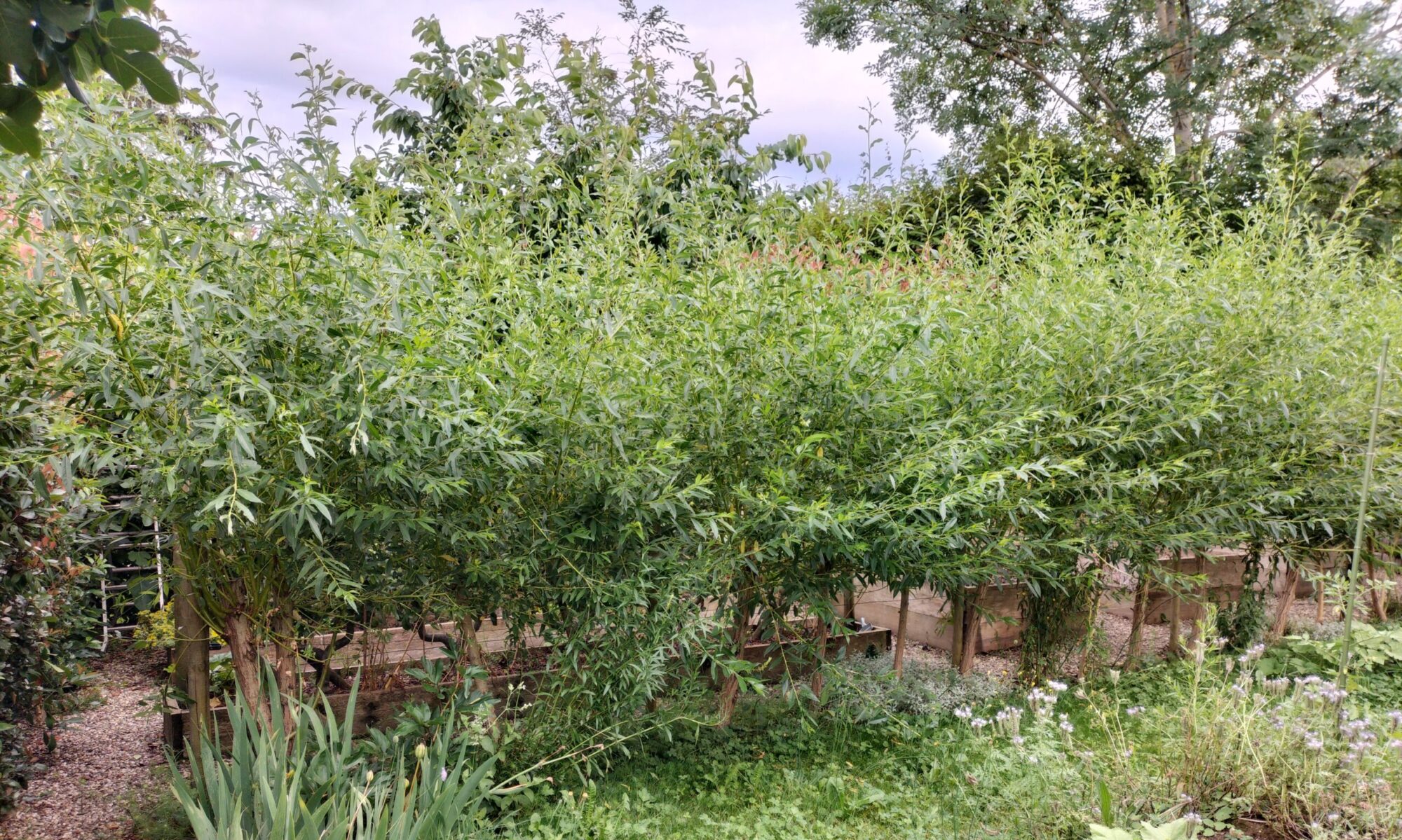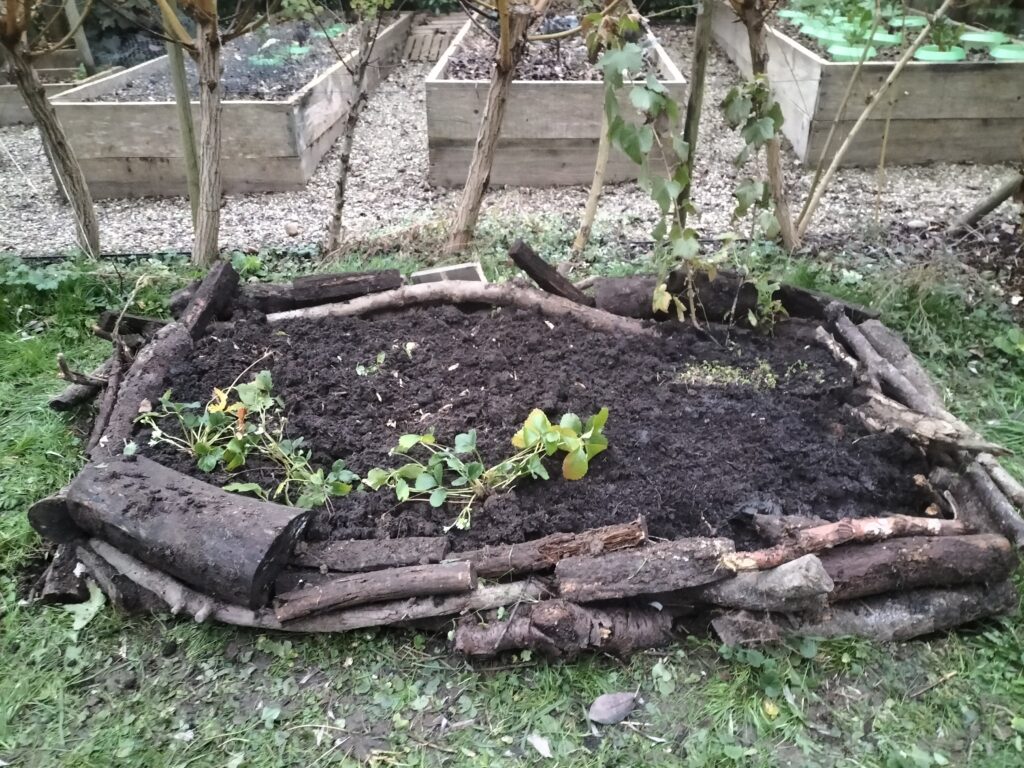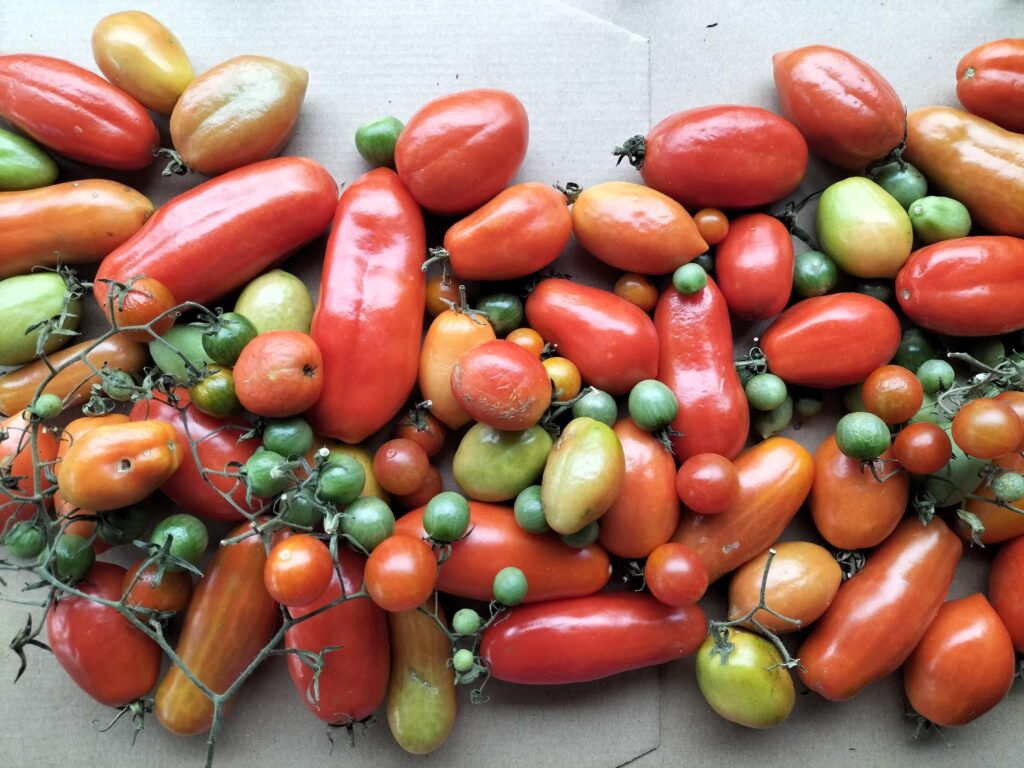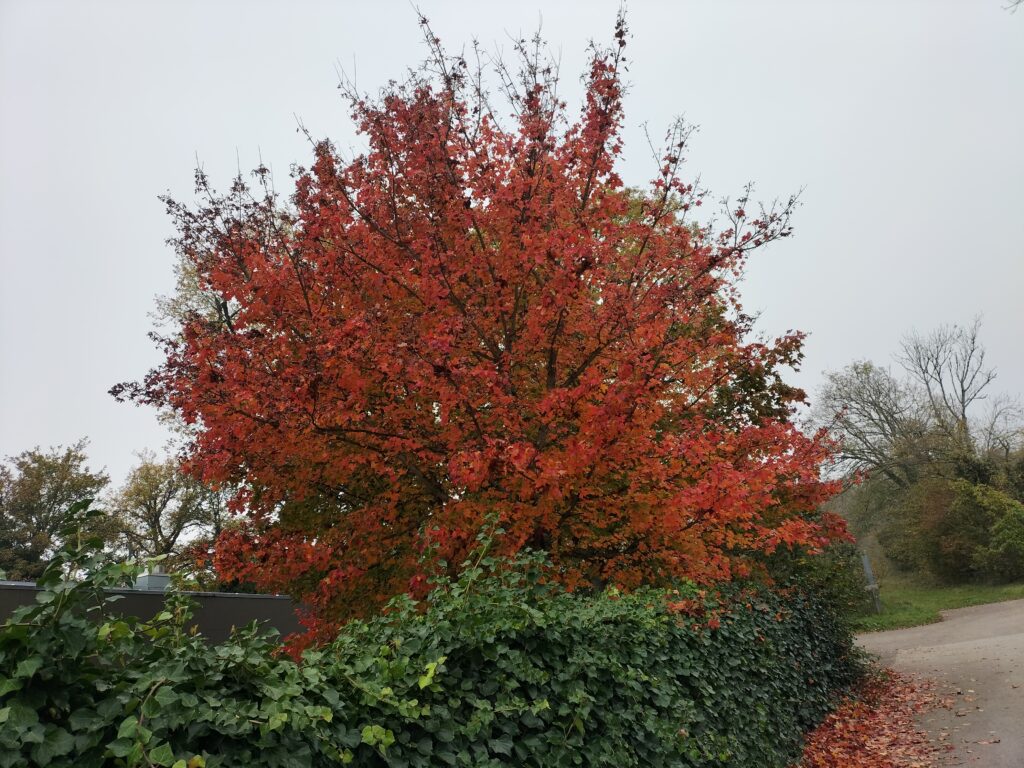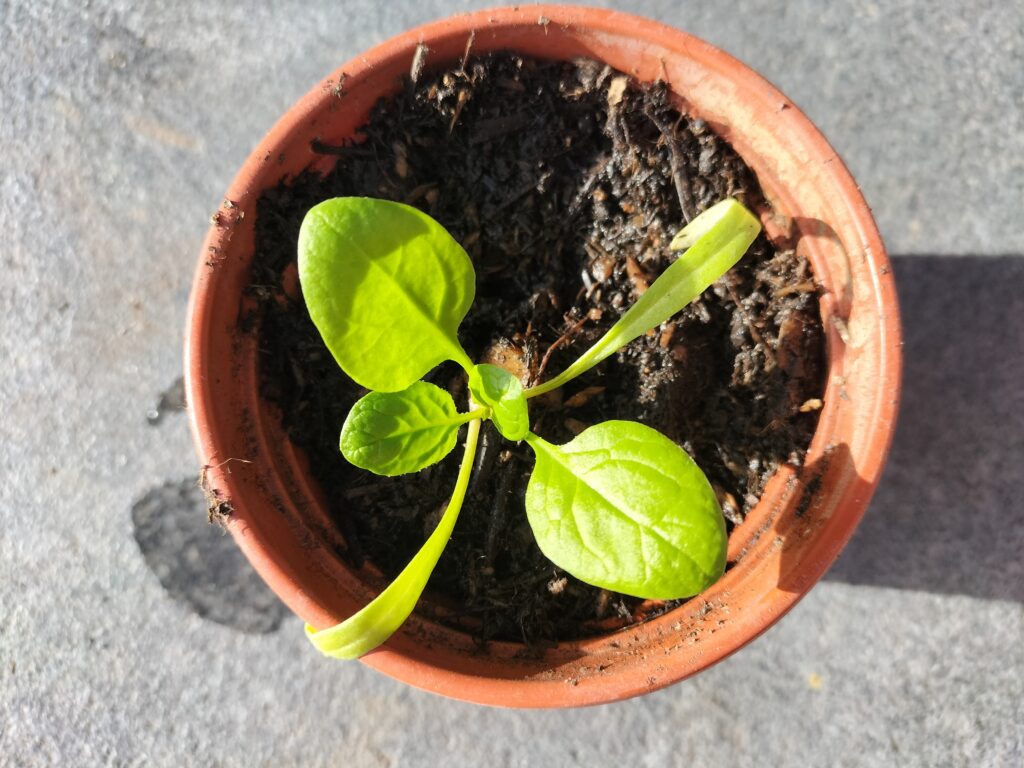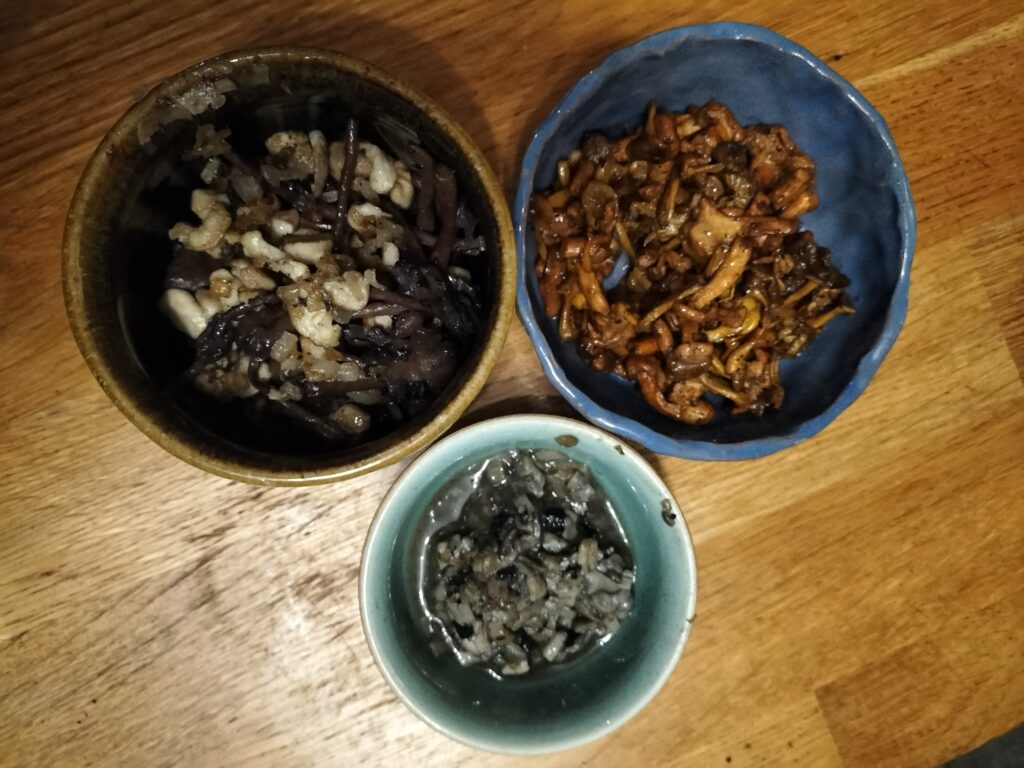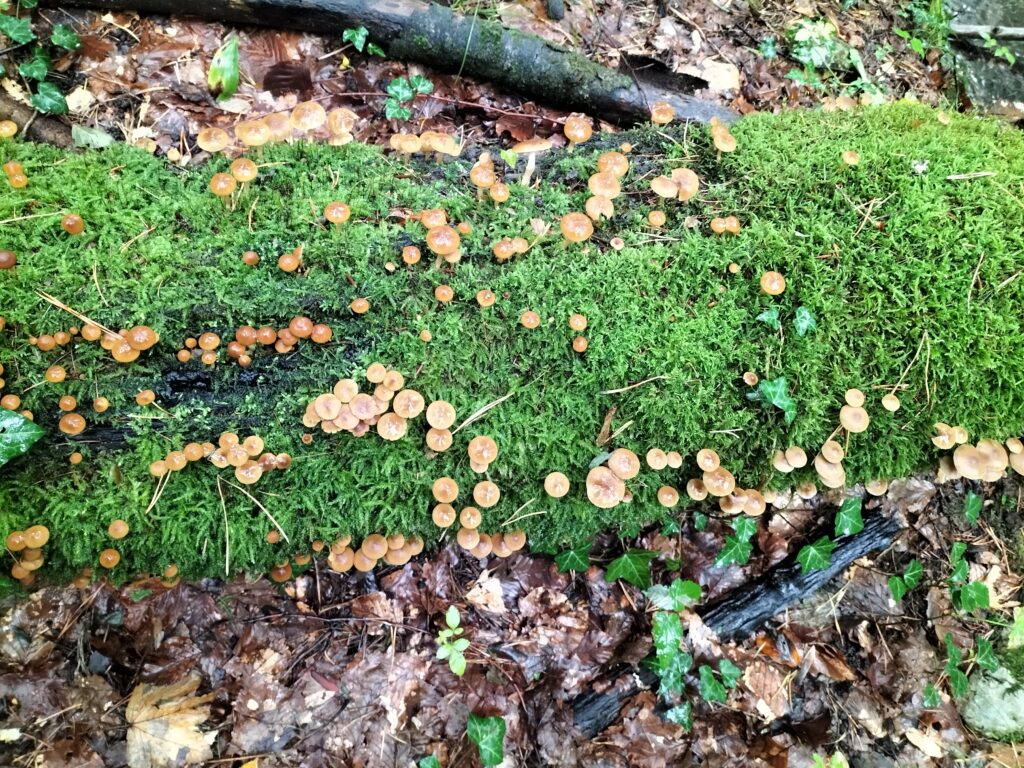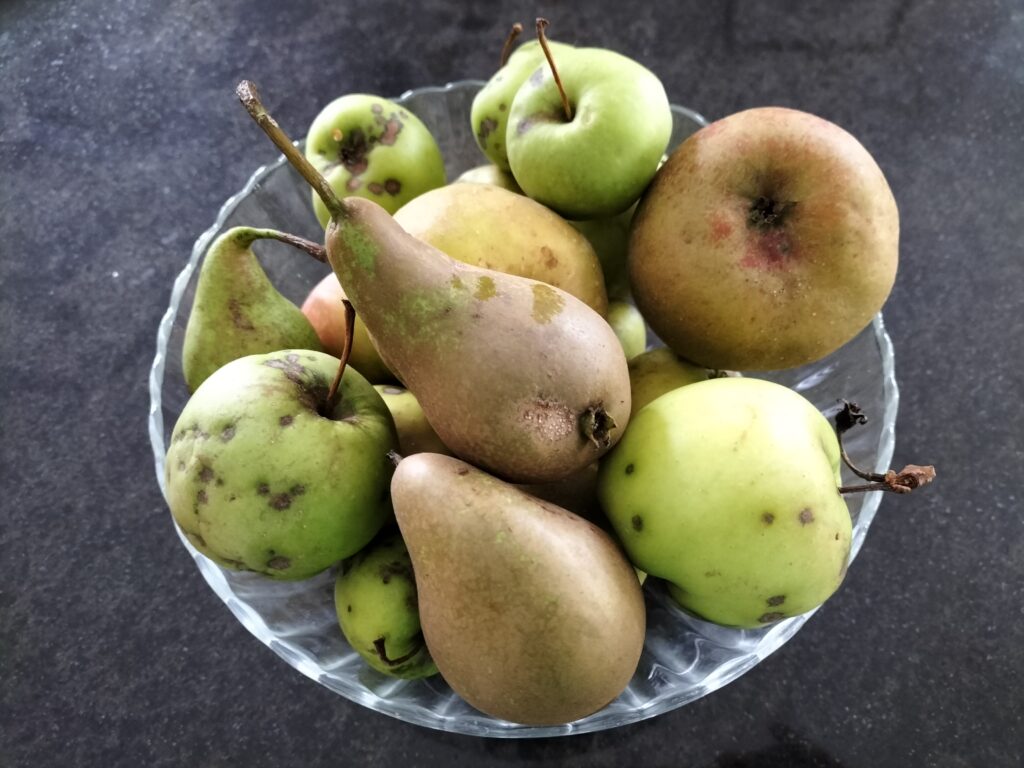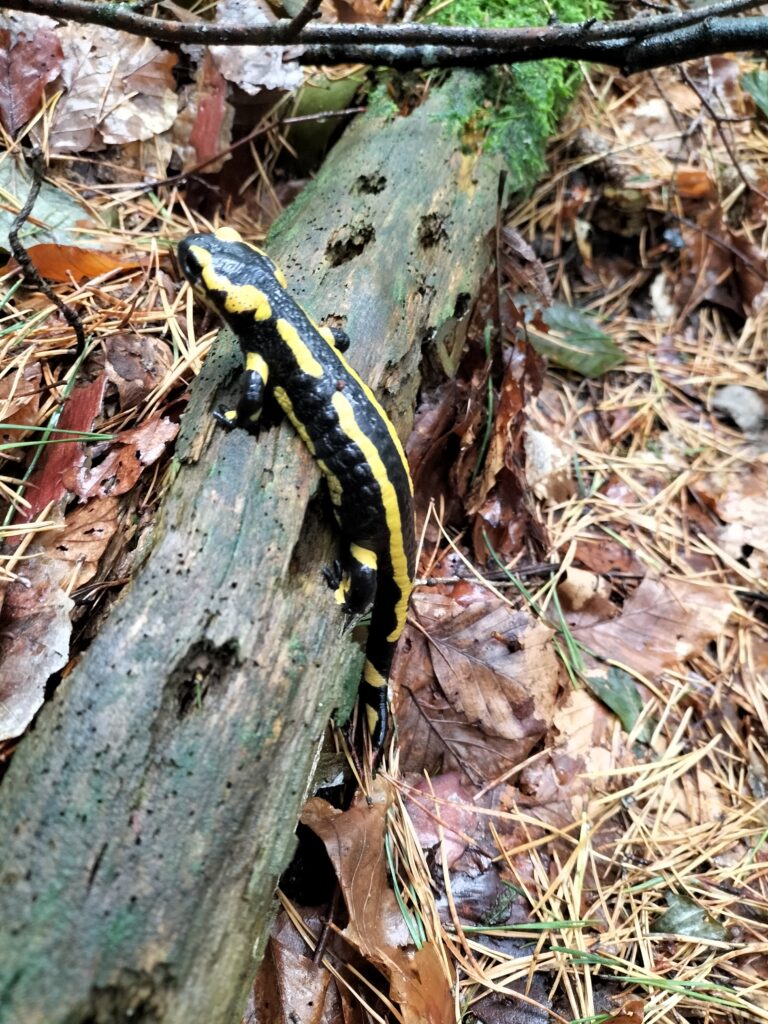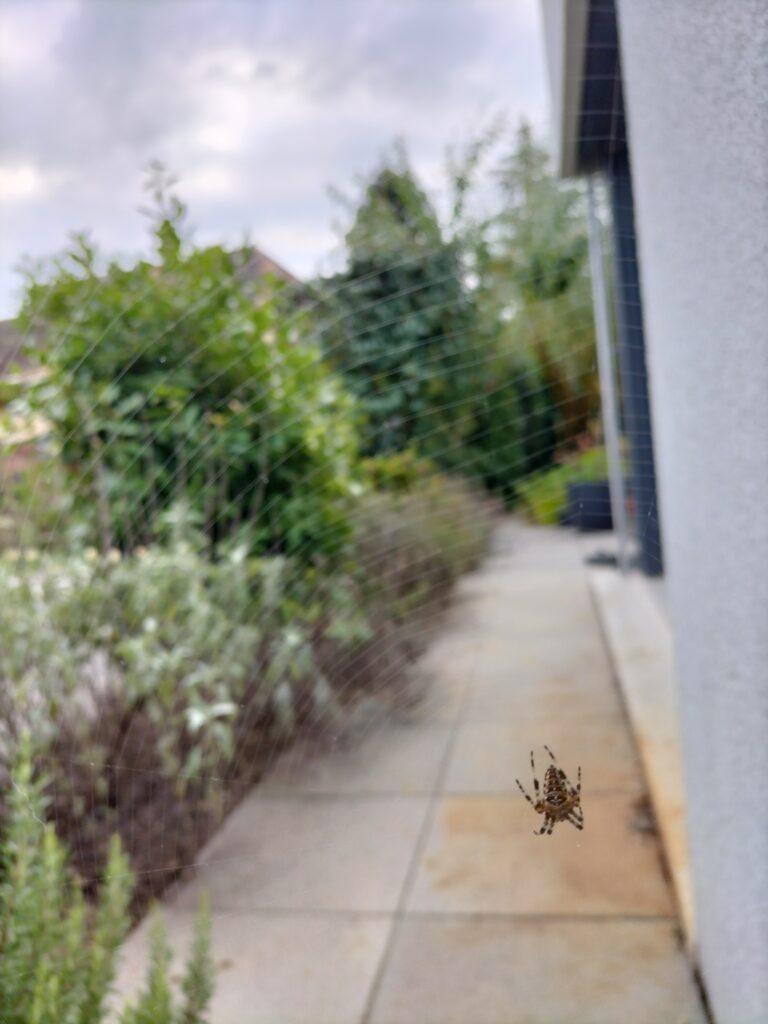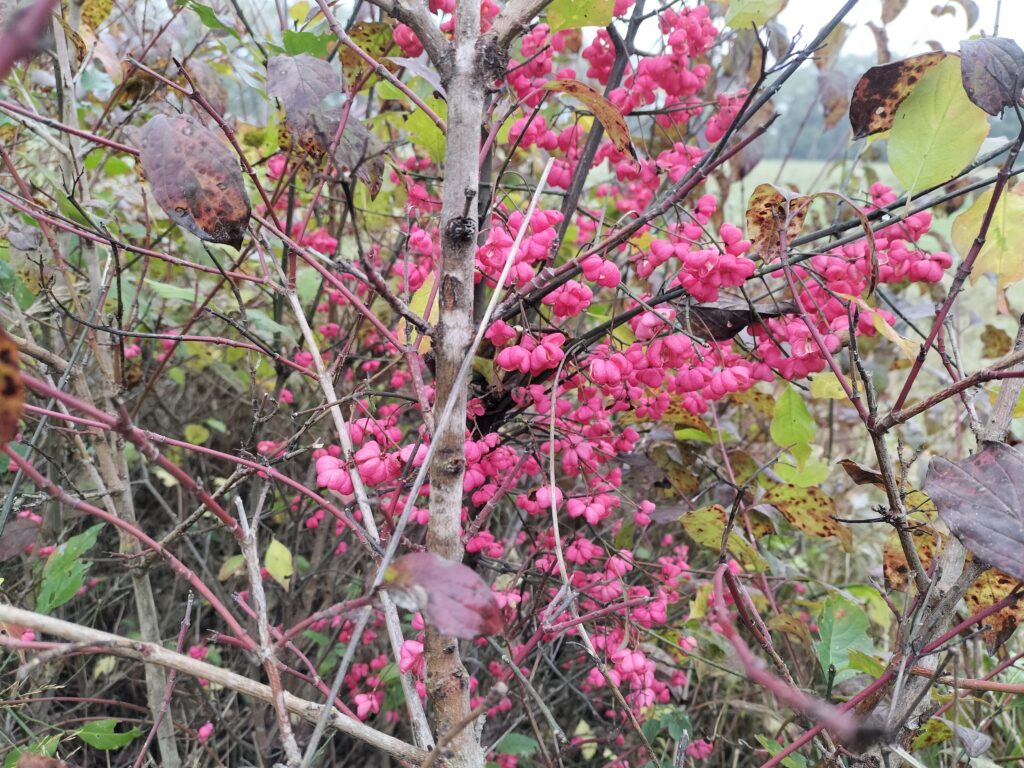
I recently gave a reflection at a weekend retreat, the theme of which was Jeremiah 29:11: ‘For I know the plans that I have for you,’ says the Lord. ‘They are plans for good and not for disaster, to give you a future and a hope’. The passage for the day was Mark 15:42-47, the women watching as Joseph of Arimathea takes Jesus’ dead body and places it in a tomb. With thanks to Ched Myers for his interpretation of the text.
On this second day of your retreat, you will journey with the disciples through Easter Saturday. This is not an easy day to manage well, as somehow we must hold together the horror of Good Friday with the joyful hope to come on Easter Sunday. For us, this is a time for expectant waiting, but for the women in the reading we just heard, there was no sense of waiting or hoping at all; for them it was just grief, confusion and disappointment.
They had just witnessed one of the most barbaric methods of torture ever devised. Their dear friend Jesus had been subject to mockery, brutality, humiliation and death. They had hoped he was going to set their people free from their Roman oppressors – but Rome, in collaboration with the Jewish ruling elite, seemed to have had the last word.
There was, at least, one mercy: Jesus died rapidly. Crucifixions could last for several days, but as the centurion confirmed, Jesus died after just six hours. But now the clock was ticking – there were only three hours until the beginning of sabbath, three short hours until no more work could be done. Three hours to pay Jesus’ body the proper respect and to give it a decent burial.
We don’t know what the women were planning to do or hoping would happen, but I’m sure that at least one of them must have given some thought to how to care for the body. And then Joseph of Arimathea steps in. He was a member of the council, one of those who were complicit in Jesus’s death. The gospel writer Mark fills in some detail about him being respected and waiting for the kingdom, but as far as the women were concerned, he was probably an enemy.
Whatever tentative plans they may have made were dashed to pieces when Joseph took control of Jesus’ body. He was in a position of sufficient power to make the request of Pilate, while the women could only look on.
However, despite their lack of power, the women weren’t mere bystanders, they took the initiative and did what they could. They watched what Joseph was doing, and they had the courage and stamina to follow behind him and discover the final resting place of Jesus’ body.
Rather than properly preparing Jesus’s body for burial, Joseph hastily bundled him up in linen cloth and deposited him in a tomb. We know the process was inadequate, because the women came back on the third day to attend to the body properly.
Perhaps the burial was rushed because time was running out before the sabbath. Or perhaps this council member wasn’t interested in giving Jesus the proper last rites – he just wanted the body safely out of the way. Mark leaves this ambiguous.
Whatever the reason, he then rolled a stone over the entrance, dusk fell and that was it. There was no hope, no triumph. Jesus, their leader, teacher and friend was dead and buried. The women must have been both devastated and confused; despite Jesus’s warnings, this was unexpected. It must have felt like the end of their world.
I wonder what they would have said at this point about our theme for the weekend ‘”For I know the plans that I have for you,” says the Lord. “They are plans for good and not for disaster, to give you a future and a hope”’? In that moment these words would probably have felt empty.
And I wonder about us? How do we respond to this promise when we go through dark times. When our hope seems gone, life is too hard and God feels absent. Because, as we all know, baptism doesn’t grant us immunity from the struggles of life.
We know this was not the end of the story, but the women had no idea that there would be another chapter. Yet in that dark moment, they were not entirely defenceless, they had at least three things that helped them.
First of all, they took the initiative and did what they could. They located Jesus’s body and prepared to tend to it properly on the third day. There was no grand plan, they just kept going, putting one foot in front of another. In times when we risk becoming completely overwhelmed by a situation, sometimes we too must content ourselves with just taking the next step, one thing at a time.
Secondly, they had each other. This tragedy did not tear them apart, instead the women and the other disciples met together in the dark hours that followed the crucifixion to support each other. The writer of the letter to the Hebrews (10:25) encourages us to keep on meeting together when times get hard, because this is an important part of our faith; wider culture is driving us to ever greater individuality and isolation, but the truth is that we need each other. When we are feeling strong, Christ calls us to encourage others, and in turn He calls others to encourage us when we need it.
And finally, the women had their trust in God. They knew that Jesus had a special relationship with God the father, and that surely helped them to trust in God, despite the facts of their circumstances. The future God had in store for the early church was both amazing and difficult, and we too, can expect our futures to be a mixed bag of experiences.
Like the women, may we trust God for who he is, rather than for what he might do for us.
Even in the darkest, almost unbearable moments, there is hope for a future with God.
Keep going, support each other, and trust in God.
